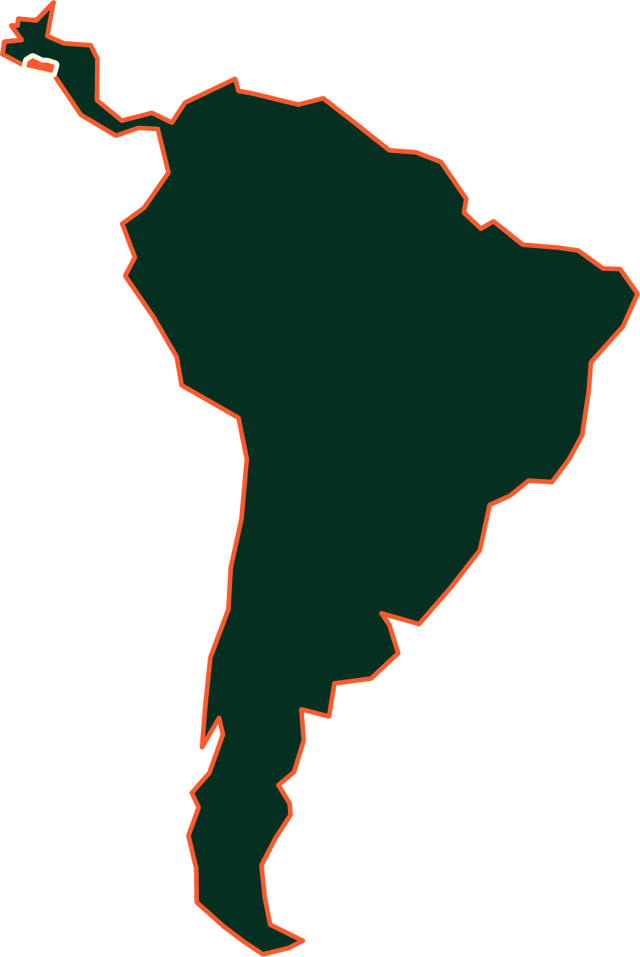El Salvador
L'actu sur place
Fiche d'identité

Capitale
San Salvador Superficie
120 000ha Superficie moyenne des fermes
2,5ha Géographie
Une terre de volcans Période de récolte
Novembre - Mars Nombre de producteurs
18154 Nombre de personnes vivant de l'industrie
4358000 Production de sacs par an
871590 Variétés principales
Heirloom, Bourbon rouge, Geisha, Typica, Bourbon, Caturra rouge, Pacamara, Castillo, SL 28
La filière du pays
Geographie
Terre de volcans, 23 dans tout le pays dont 5 actifs. Avec une superficie de 21 041 km2, c'est le plus petit pays d'Amérique centrale. La topographie est essentiellement montagneuse, mais la côte pacifique qui longe le pays est plate. Le point culminant est El Pital, avec 2 730 mètres d'altitude. En ce qui concerne le climat, il y a deux saisons : humide et sèche, et un temps tropical tout au long de l'année.
Principaux acteurs
En septembre 2023, l'Instituto Salvadoreño del Café (ISC) est créé. Cet institut absorbe le Conseil salvadorien du café, qui était l'entité chargée de superviser et de réglementer le secteur du café dans le pays. L'ISC sera également un centre de recherche pour l'innovation, responsable de la formation du secteur du café, de la recherche scientifique et de l'innovation pour la résilience au changement climatique.
Les cafés de
Prix spot
€/kg
Prix spot
€/kg
Prix spot
€/kg
Prix spot
€/kg
Prix spot
€/kg
Prix spot
€/kg
Prix spot
€/kg
